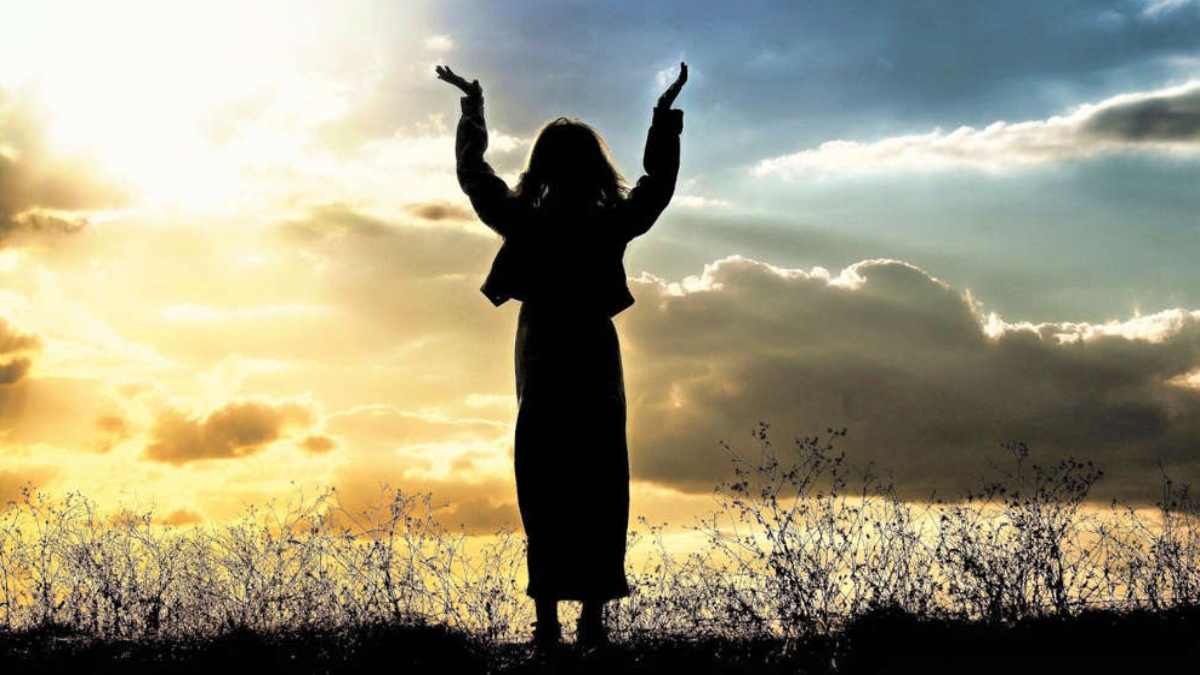


Religion and spirituality have long been two intertwined concepts. But, whisper it quietly, no self-respecting religion can make a claim to be spiritual. Religions are based on the past and old belief systems originated in days gone by. Their beliefs about spirituality tend to be exactly that, beliefs. To say, “I believe”, is to say, “I don’t yet know”. Besides, ‘beliefs’ tend to be collective but knowing is always individual.
Beliefs and belief systems are then inherited by the generations that follow. The relationship of the ‘religious person’ with any belief that they hold tends to be one of attachment. Often followed by self-identification with that belief. I am a Christian, a Muslim, a Buddhist, are obvious examples of attachment to, and identification with, a religious belief system.
Attachment to anything or anyone, visible or invisible, tangible or intangible, is the cause of fear, as any self-aware person will confirm; fear of loss or damage or threat. And fear, being a distortion of the energy of consciousness, is the antithesis of authentic spirituality. Spiritual people do not believe this, they know this from their own experience.
Calling oneself by any religious name means projecting beliefs and defending a belief system. Projecting and defending means the presence of fear. Resulting in the loss of the ability to express spiritual attributes such as caring, kindness and compassion to name but a few. Replaced by anxiety, worry and tension, all faces of fear. All because of attachment to, and identification with, ‘my beliefs’.
An increasing number of people are awakening to this insight. It is probably one of the reasons mainstream religions are losing members in certain places. Religions and their members tend to have agendas, such as attempting to prove to others ‘our beliefs are truer than yours’. Or making sure ‘my personal identity’ is defined by ‘my beliefs’. Or ensuring ‘our’ religion’s place in the world is not confused with other religions, or politics or science. Or that ‘my’ religion has the most magnificent properties.
And yet we know, perhaps deep in our heart, authentic spirituality has no agenda. It has nothing to prove. If the truth is, spirit is what ‘I am’, then fear is impossible as the true self (spirit) wants nothing, holds on to nothing and cannot be threatened. Some even remind us that nothing is real and fixed after ‘I am…’. There is simply change and transience, including the physical form we occupy. The authentic spiritual person is therefore unconcerned and never threatened by others’ beliefs.
It follows that ‘institutional spirituality’ is probably an oxymoron. Those that gather under the roof of the ‘institution’ are there because they believe they are members of the institution. They subscribe to the ideas and beliefs imparted under that roof. Religious institutions teach ancient and fixed ideas and beliefs, which followers are encouraged to use to build their sense of ‘who I am’.
Perhaps that is why so much conflict in history has arisen from such institutions. They are easily threatened. There is the presence of fear. So, defensiveness and aggression seem inevitable. Whereas true spirituality is fearless and free as it holds on to nothing. The authentically spiritual individual has ended any habits of creating a false identity and knows that belief is an admission of ignorance. There is no shame in saying, “I don’t know”.
Mike George is the author of Untangling Religion from Spirituality – 101 Differences Between Spirituality and Religion.